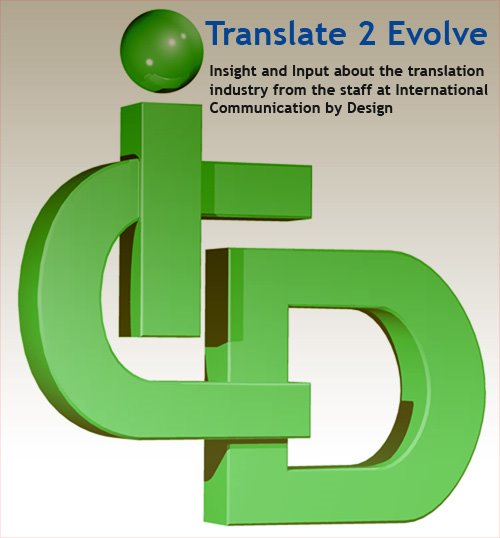Crowdsourcing has been a topic of hype for a number of years in the translation industry, but the reality of it will shape the future of the translation industry. So, does crowdsourcing translation really work? and how does one guarantee quality and consistency? The main concern for companies is entrusting their strong corporate brands and style to unknown volunteers, but the bigger issue is that people are less likely to offer translations for corporate materials in which they hold no stake, and have no emotional investment. For instance, it's unlikely that companies could crowdsource the translation of packaging and labeling information.
The benefits of crowdsourcing lie in in the world of social networking. Facebook's experience with crowdsourcing has shown that they can break down language barriers with the help of their users. Thus making it a stepping stone showing that for-Profit companies can leverage the enthusiasm and language skills of their user base to achieve their business goals. Start-up small businesses are increasingly venturing into social networking by creating communities that are passionate about the product, and willing to translate ads and promotional material. Thus, providing the companies with a wider audience, where they would have a real interest in feeding into the translation process.
The viability of crowdsourcing is giving rise to translation companies like myGengo that are structured to offer clients the best of both worlds: low rates by taking advantage of crowdsourced translations, and some level of quality by reviewing the translations. There are no guarantees on intellectual property protection and consistency, but it's a cheap/fast way of getting translations done. So, is crowdsourcing translations the future of our industry? Probably not. Will crowdsourcing play a role in some sectors of the translation industry? Probably.
Tuesday, December 15, 2009
Crowdsourcing and Translation
Subscribe to:
Posts (Atom)
